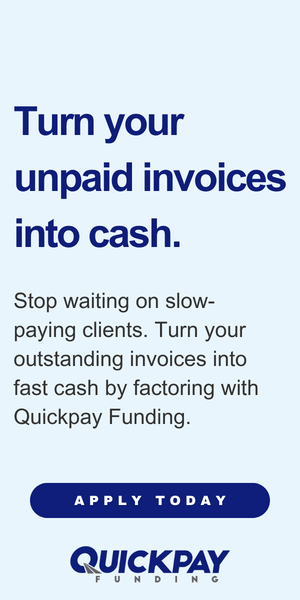Double brokering is a serious issue in the freight transportation industry. It happens when a freight broker tenders a load to a carrier, but the carrier turns around and reassigns the load to another carrier. This unethical practice can result in delays, damages, and financial losses for the shipper, and it is considered illegal in most jurisdictions.
What is Double Brokering?
Double brokering is when a freight broker tenders a load to a carrier, but the carrier turns around and reassigns the load to another carrier without the original broker’s knowledge or consent. The carrier that originally accepted the load is acting as a second broker, hence the name “double brokering”. This practice can also result in delays, damages, and other issues if the second broker or carrier is not qualified or experienced enough to handle the shipment.
Not to be Confused with Co-Brokering
Co-brokering occurs when a broker hires another broker to assist or handle a shipment with the consent and knowledge of the shipper. The main difference between co-brokering and double brokering is that co-brokering is a legitimate practice where all parties are aware of each other’s responsibilities.
The main reason a broker would choose to co-broker a load is to address capacity issues. When brokers have more loads than they can handle or don’t have the necessary resources or expertise to handle a specific shipment, co-brokering allows them to bring on another broker who can help handle the load and ensure timely delivery. By working with another broker, they can expand their network and reach more customers, which can lead to increased revenue and improved efficiency.
How to Watch Out for Double Brokering
To protect yourself from double brokering, there are several things you can do:
- Verify the Broker’s Identity: Before accepting a load, carriers should verify the identity and legitimacy of the broker they are working with. They can do this by checking the broker’s MC number, DOT number, and other relevant information on the FMCSA’s SAFER website or by contacting the broker directly to request their broker authority certificate. If you are a client of Quickpay Funding, you get unlimited credit checks and will be warned of any risk before taking a load from a broker that has bad payments or questionable credit.
- Obtain a written contract: Always insist on a written contract that outlines the terms and conditions of the shipment, including the agreed-upon carrier and any subcontracting arrangements. Review the contract carefully and seek legal advice if needed to ensure that all parties’ rights and responsibilities are clearly defined.
- Confirm the Shipper’s Identity: Carriers should also confirm the identity and contact information of the shipper to ensure that they are working with the legitimate party. They can do this by checking the bill of lading or contacting the shipper directly to verify the details of the shipment.
- Watch for Unusually High Rates: Be wary of brokers offering unusually high rates or asking for payment upfront. Unusually high rates can be a sign of potential double brokering because it suggests that the intermediary broker is adding an extra markup to the original price of the load.
Quickpay Funding
At Quickpay Funding, we help brokers and carriers avoid double brokering by conducting extensive due diligence on their clients before financing their invoices. We verify the legitimacy of both carriers and brokers and check their creditworthiness and payment history. By doing so, we can identify potential double brokering scams and avoid financing invoices for illegitimate loads. This helps brokers and carriers to avoid the risks and costs associated with double brokering and ensures that they are paid on time for their services. Our due diligence process is thorough, reliable, and provides peace of mind to brokers and carriers who use our freight factoring services.




